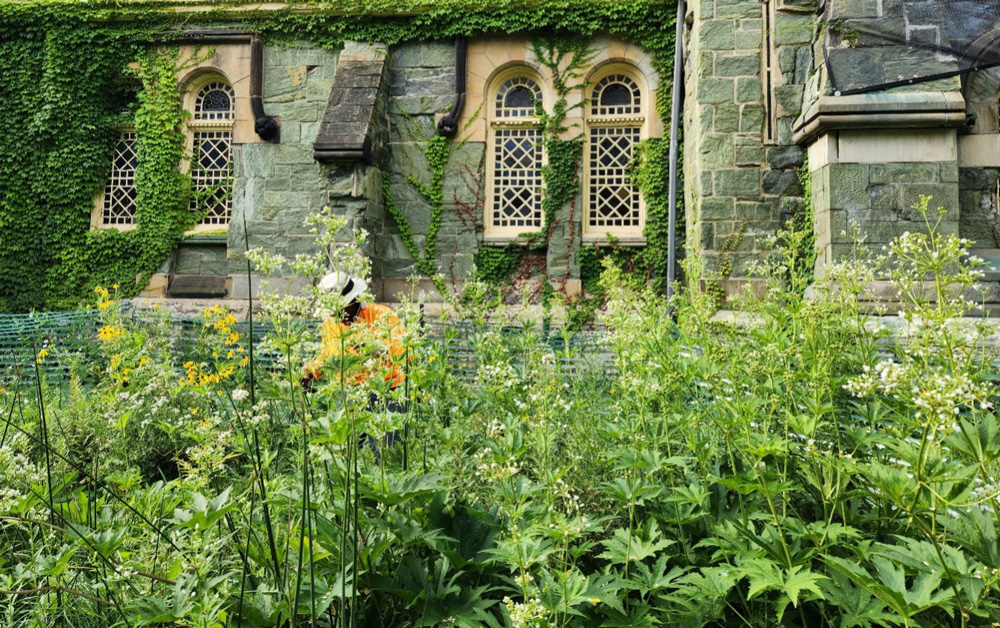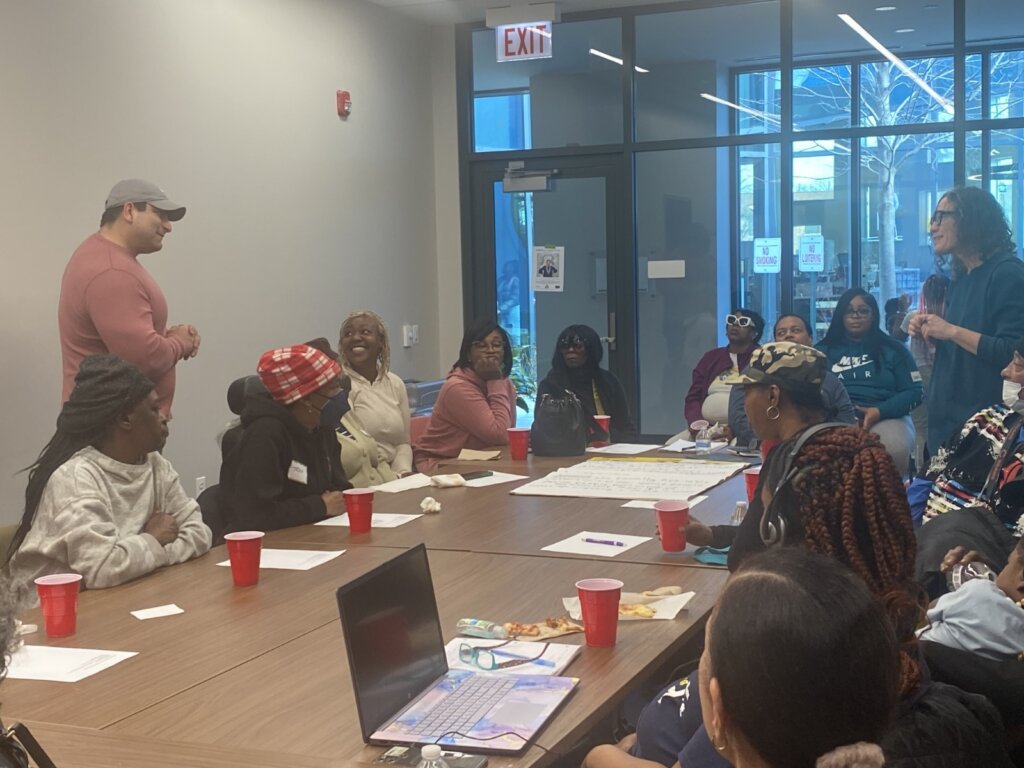Our Great Rivers: Community Development Focus
This is the third blog in our four-part series where we highlight the projects that are included as part of this cycle’s Our Great Rivers grant program. Stay tuned for future updates about all these projects.
Two projects centering community vision on development in the Calumet region
Since 2018, the Metropolitan Planning Council has been highlighting the progress of riverfront projects funded through The Chicago Community Trust’s support for the Our Great Rivers vision. To date, 25 projects have been supported by The Trust, and are continuing to make impactful changes throughout the river system. Learn more about these projects in MPC’s interactive story map.
Our Great Rivers 2023-2024 cohort spotlight
The Calumet region on the Southeast side of Chicago, home to the Calumet River and the Little Calumet River, has a long history of industrial use and a rich legacy of labor and community organizing. Five of the Our Great Rivers grantee projects in this grant cycle support communities in taking the lead to transforming the region into one with vibrant economic opportunities with thriving community and natural spaces that promote wealth building and public health. This blog about Calumet area projects features projects focused on community development, while the other blog focuses on three integrated projects that are working with partners to change area land uses.
OAI’s High Bridge Program

Photo Courtesy of OAI’s Senior Program Manager, James McAley
OAI is a workforce development organization based in downtown Chicago with a satellite office in Chicago’s south suburbs. OAI partners with programs across the country to help communities thrive through training and employment aligned with local needs. The organization launched their High Bridge program in 2015 to install and maintain green stormwater infrastructure (GSI) across the Calumet region in concert with OAI’s green jobs training.
OAI’s High Bridge program is concentrated on the Calumet region, where communities are predominantly comprised of Black and Latino residents who have historically faced economic and environmental justice challenges due to industrial operations and discriminatory housing practices like redlining. These areas face severe flooding during heavy rainfall that results in property damage and increased runoff and combined sewer overflows (CSO) that pollute the river. GSI like bioswales, rain gardens, and native planting helps mitigate urban flooding and subsequent pollution, promoting neighborhood resilience.
OAI collaborates closely with municipalities, landowners, and stakeholders to ensure the effective maintenance of GSI. Primary landowners and municipalities partners include City of Blue Island, Village of Midlothian, Village of Robbins, Village of Riverdale, and Faith in Place, an environmental non-profit based in Chicago. OAI partners with Stantec, a planning and design firm, to maintain the more than 30 GSI projects High Bridge has installed or maintained throughout the Calumet region. At multiple sites, Stantec works alongside and trains municipal staff who will continue GSI maintenance after the contract period. Greencorps Chicago, a green industry job training program, and A Safe Haven Landscaping, a landscaping company and Social Business Enterprise, also support workforce training and maintenance projects. Through these partnerships, OAI is able to train municipal staff in GSI maintenance in addition to students preparing to enter the workforce. For their annual GSI Maintenance training, partners have included Calumet Stormwater Collaborative’s Training and Maintenance Workgroup, Illinois Department of Natural Resources, Metropolitan Water Reclamation District of Greater Chicago, National Green Infrastructure Certification Program (NGICP), Morton Arboretum/Chicago Regional Trees Initiative (CRTI), and Stantec.
In the forthcoming year, the organization plans to extend support to new GSI sites and provide technical assistance and training. Looking ahead, OAI aspires to establish replicable maintenance models, train a skilled workforce, and cultivate vibrant economies in river-adjacent communities.
Calumet Collaborative’s Reconnect Riverdale: Building up community through historic and living relationships to water, food, and land

Photo Courtesy of Calumet Collaborative
Another project focused on centering community voices in the Calumet region is led by the Calumet Collaborative. In addition to being involved in the Calumet Connect projects, Calumet Collaborative is supporting the work of Riverdale organizations like People for Community Recovery and Altgeld Murray Homes Alumni that have long been at the forefront of advocacy.
Calumet Collaborative is working with these partners to catalyze the opportunities and mitigate the potential challenges of the Redline Extension. The region has faced decades of disinvestment, resulting in few businesses along the anticipated Redline extended corridor. The Calumet Collaborative is supporting community leaders in collecting the oral stories of residents and discussing desires for their community. The Collaborative and partners are incorporating the oral histories of residents as a foundation for developing an economic and community development framework plan. The goal of the plan is to ensure the preservation of cultural heritage in the region and that new businesses and services developed along the corridor align with community interests. The plan is also proactive in mitigating the potential increase in housing costs. In addition to community oral histories informing the plan, Indiana University Northwest is going to incorporate the recordings into their Calumet Archive, making them permanently accessible to the community and the broader public.
To further lay the groundwork for development that benefits the Riverdale community, the Collaborative is supporting two land acquisitions. One of the acquisitions is for community open space along the riverbank in partnership with NeighborSpace, the Chicago Department of Planning and Development (DPD), and Openlands. To mitigate the risk of residents being displaced by new development in the neighborhood, NeighborSpace, Far South CDC, and DPD are supporting land acquisition through the new Riverdale Community Land Trust, that will focus on affordable housing and community wealth building.
Related Reading
Looking for information about past Our Great Rivers grantees? Find the summary pages for those years here:
